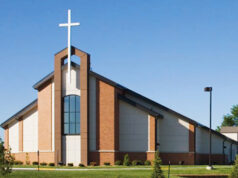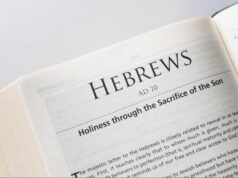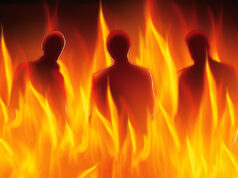QUESTION: Why was Jesus compared to Melchizedek in the book of Hebrews 7, and what does Hebrews 7:7 mean? Thanks. Dorothy from Mutungo.
RESPONSE: Thank you Dorothy for the question about Melchizedek. We at Good newspaper would love to extend our sincere appreciation for your readership.
Who is Melchizedek?
The first mention of the name is in Genesis 14:17-20: “And the king of Sodom went out to meet him at the valley of Shaveh (the king’s valley), after his return from the defeat of Chedorlaomer and the kings who were with him.
“Then Melchizedek, king of Salem, brought out bread and wine; he was the priest of God Most High. And he blessed him and said: ‘Blessed be Abram of God Most High, possessor of Heaven and Earth; and blessed be God Most High, Who has delivered your enemies into your hand’, and he gave him a tithe of all.”
It is from this passage that we are introduced to the person of Melchizedek. This name is a combination of two Hebrew words: “Melek” which means king, and “Tzedek” which means righteousness or just.
Thus, Melchizedek means ‘king of righteousness’. He is the King of Salem. Salem is derived from the Hebrew word: ‘shalom’ which means peace.
In those Genesis verses, we are told Melchizedek was not only a king, but also a priest of the Most High. So, he was both a king and priest.
Melchizedek was not like any Jewish or Israelite king. He was the only one who served in those two offices concurrently.
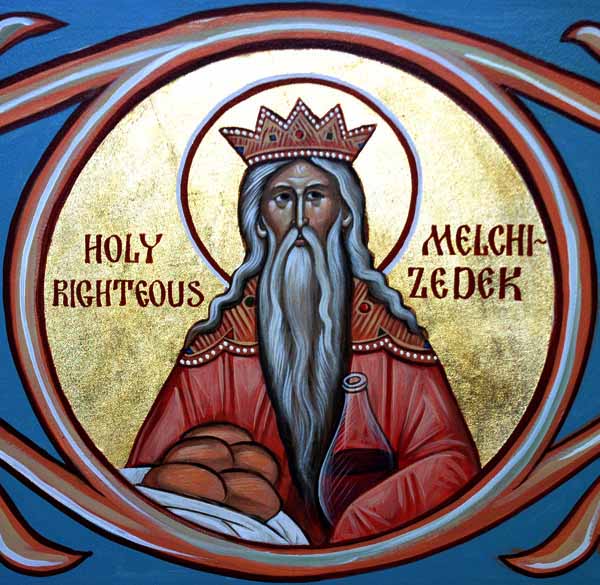
Melchizedek, therefore, is an extraordinary God-human king.
Psalms 110 portrays him as both king and priest: “The LORD has sworn And will not relent, “You are a priest forever according to the order of Melchizedek.
“The Lord is at your right hand; He shall execute kings in the day of His wrath” (Psalms 110:4-5).
We need to note that, while there was the priesthood order of Aaron, there was also a Melchizedek order of priesthood and it is forever.
Melchizedek, unlike the priests from the Aaronic order who need to cleanse themselves first, was at the right hand of the Lord.
That meant he was the same with God Himself. Thereby, being both human and a deity.
Melchizedek in Hebrews
The third place Melchizedek is mentioned is in the New Testament, Hebrews 7.
In this chapter, He is presented as eternal, having no “father or mother” and resembling the Son of God.”
Again the writer of Hebrews deduces that Jesus is this Melchizedek because of their matching characteristics.
Jesus is the true king of righteousness (Melchizedek); for He lived the perfect life no human being could (John 8:46, 1 John 3:5, 1 Peter 1:18-19, 2 Corinthians 5:21, Hebrews 4:15).
His peaceful death on the Cross like a sacrificial lamb means He is the true King of peace (Salem).
Jesus is also a priest forever, after the order of Melchizedek (Hebrews 7:17) and superior to the order of Aaron (Hebrews 7:11, 14).
So, my sister, Jesus is not compared to Melchizedek, but rather presented to us as the real Melchizedek.
He was a type that found its reality in the incarnate God-Jesus who became flesh and dwelt among us (John 1:14).
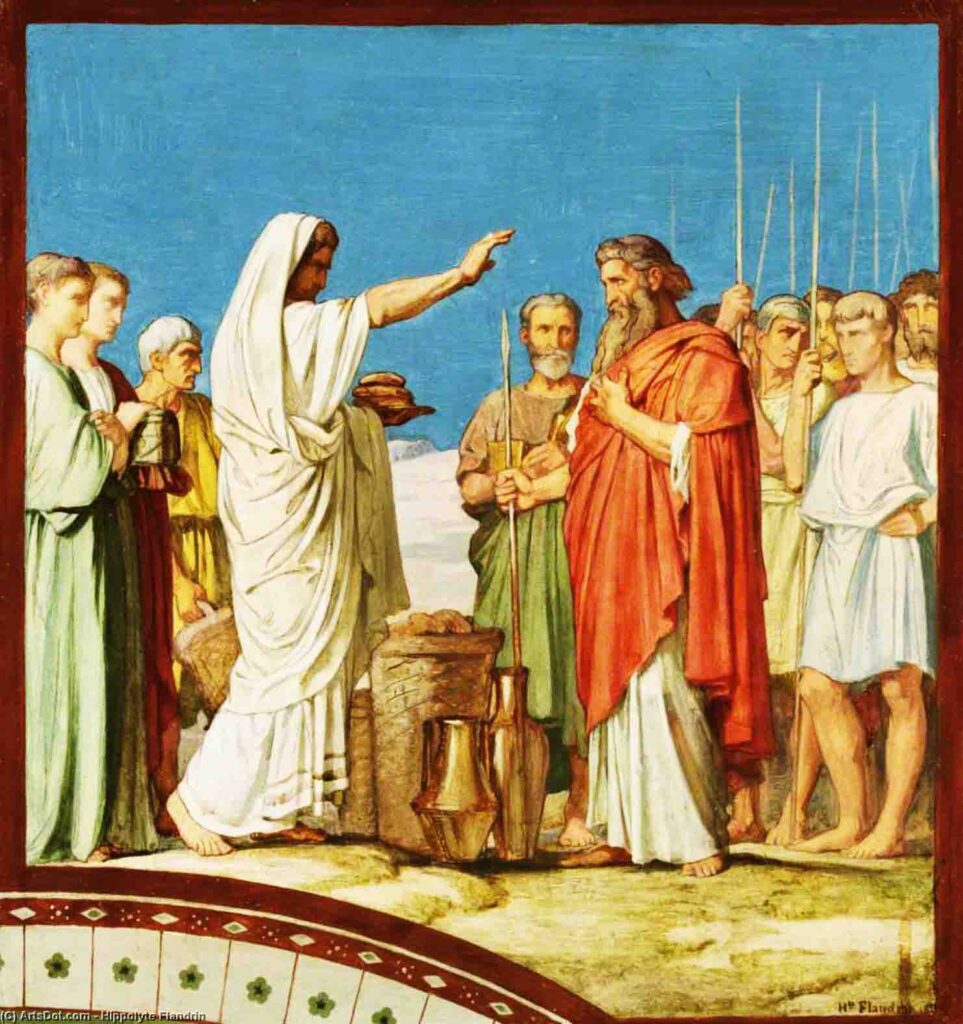
Hebrews 7:7
“Now beyond all contradictions, the lesser is blessed by the better.” In the context of the whole chapter 7, it means Jesus is better than all kings of Israel and the world. He is the King of kings.
Jesus is the perfect King who rules with infinite power and justice.
He is the better priest who blesses the lesser priests from the Aaronic order and all religious organizations.
Jesus is referred to as the ‘better’ because He is both human and divine (John 1:1-3 &14, Philippians 2:5-11).
In nature, He was fully God and human. Secondly, He is better in performance. He performed better and in a better covenant than the previous and all present priests.
Jesus is the perfect Priest who ministers with infinite mercy and sympathizes with us in our weaknesses (Hebrews 4:15).
Hebrews concludes by stating: “For it was indeed fitting that we should have such a high priest, holy, innocent, unstained, separated from sinners, and exalted above the heavens” (Hebrews 7:26).
He is the better that blesses the lesser.
Answered by
Pr Isaiah White.
Contact: +256775 822 833
whitemwine@gmail.com
















